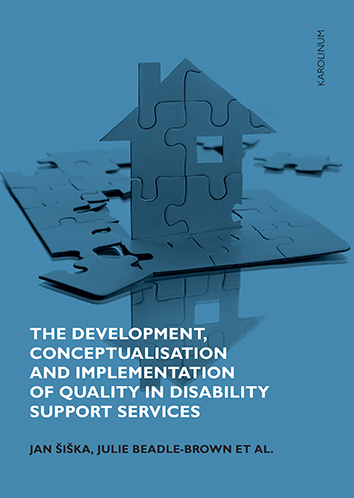-
Build relationships, not houses
Last 2 days have been about learning how supporting living works in Greece, and how to improve it and make it available to many more people. It was a conference in Athens, held by Estia to mark 10 years of providing supported living services. They kindly invited me to talk about support for independent living and inclusion to…
-
Recommendations for Polish deinstitutionalisation strategy
Polskie Forum Osób z Niepełnosprawnościami organised a conference called “We have the right to live independently. We cannot wait any longer”, and I was invited to speak during a panel about the Polish deinstitutionalisation strategy and “whether we have to wait until 2030?” I offered suggestions for deinstitutionalisation: Prevent institutionalisation of those living in the…
-
Deinstitutionalisation and families
Today I spoke during a EESC hearing about challenges of the transition from institutional to community-based support for persons with disabilities and the role of families as their carers. I talked about priorities in deinstitutionalisation, one of which must be making the changes work for people with complex support needs too. They are often left…
-
Checklist to ensure EU-funded measures contribute to independent living by developing and ensuring access to family-based and community-based services

The purpose of the publication is to ensure EU funds contribute to independent living and inclusion in the community. The checklist helps in designing policies and funding for: Transition from institutional to family-based and community-based services for children, persons with disabilities, persons with mental health problems and elderly persons; Development of quality family-based and community-based…
